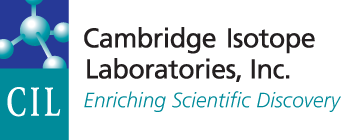Gluconeogenesis and Glycogenolysis Measurement Review
Chung, S.T.; Chacko, S.K.; Sunehag, A.L.; et al.
Measurements of gluconeogenesis have been pivotal in elucidating the physiologic regulation of blood glucose homeostasis, as well as understanding the roles of glycogenolysis and gluconeogenesis in the pathophysiology of glucose metabolism in such conditions as obesity, metabolic acidosis, hypoglycemia, and diabetes. However, there is no gold-standard measure for quantifying the contribution of gluconeogenesis to total glucose production, and there has been significant controversy about specific methodologies and the ultimate result obtained. This review attempts to provide a comprehensive overview of the in vivo methodologies used to measure gluconeogenesis and glycogenolysis in humans. It discusses the real and theoretical advantages and limitations of each method and highlights the benefits of newer methodologies, such as deuterium oxide, which are simpler, more affordable, and less invasive than older techniques.
